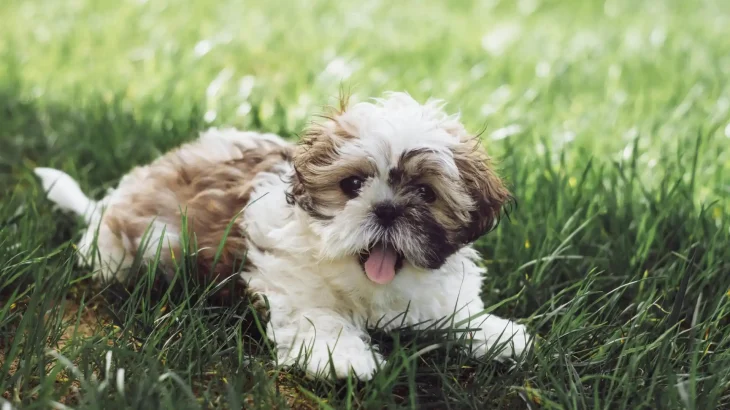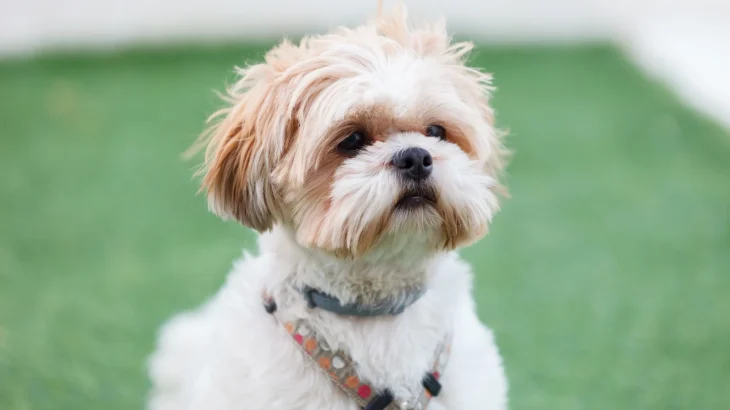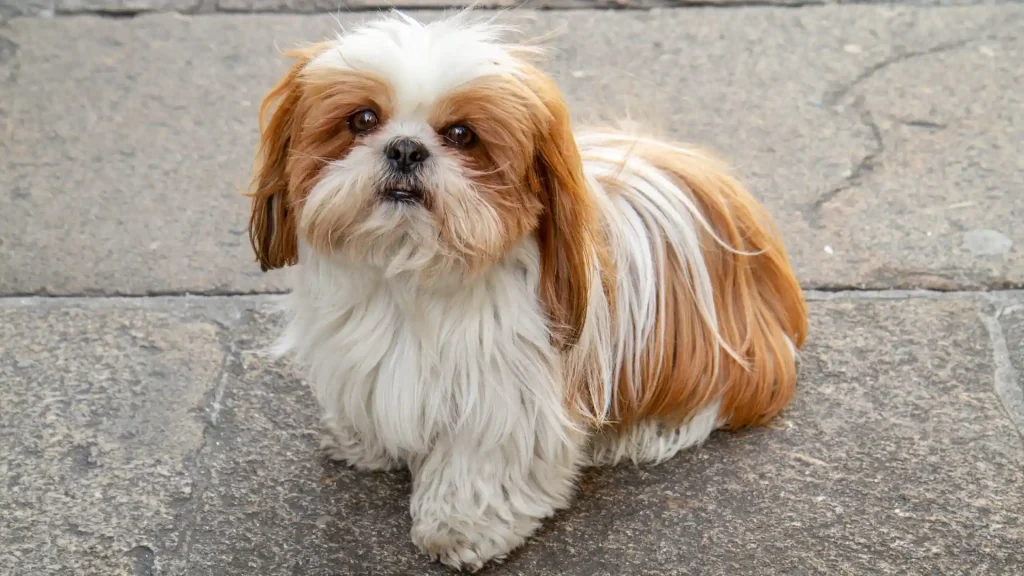Deciding whether to adopt or purchase a Shih Tzu puppy depends on what matters most to you—whether it's cost, knowing the puppy's background, or supporting ethical animal care. Purchasing from a breeder often provides clearer insights into the puppy's lineage and health, while adoption offers a chance to give a loving home to a dog in need.
Adoption vs. Breeder: Pros & Cons
| Criteria | Buying from Breeder | Adopting from Shelter/Rescue |
|---|---|---|
| Cost | Higher cost, typically $800-$2,500 due to breed purity and care. | Lower adoption fees, around $100-$400, often including vet care. |
| Health History | Detailed health records and genetic screening to reduce risks. | Health history may be incomplete; basic vet checks usually done. |
| Age Availability | Mostly puppies, allowing early bonding and training. | Varied ages, including adults, easier to assess temperament. |
| Temperament Insight | Breeders share info about parents' temperaments and traits. | Shelters provide behavioral observations but limited lineage info. |
| Ethical Considerations | Supports responsible breeders focusing on health and standards; watch for puppy mills. | Gives homes to dogs that might face euthanasia or long shelter stays. |
| Breed Purity & Pedigree | Provides purebred puppies with pedigree certificates. | May not guarantee purebred status; mixes common. |




















































